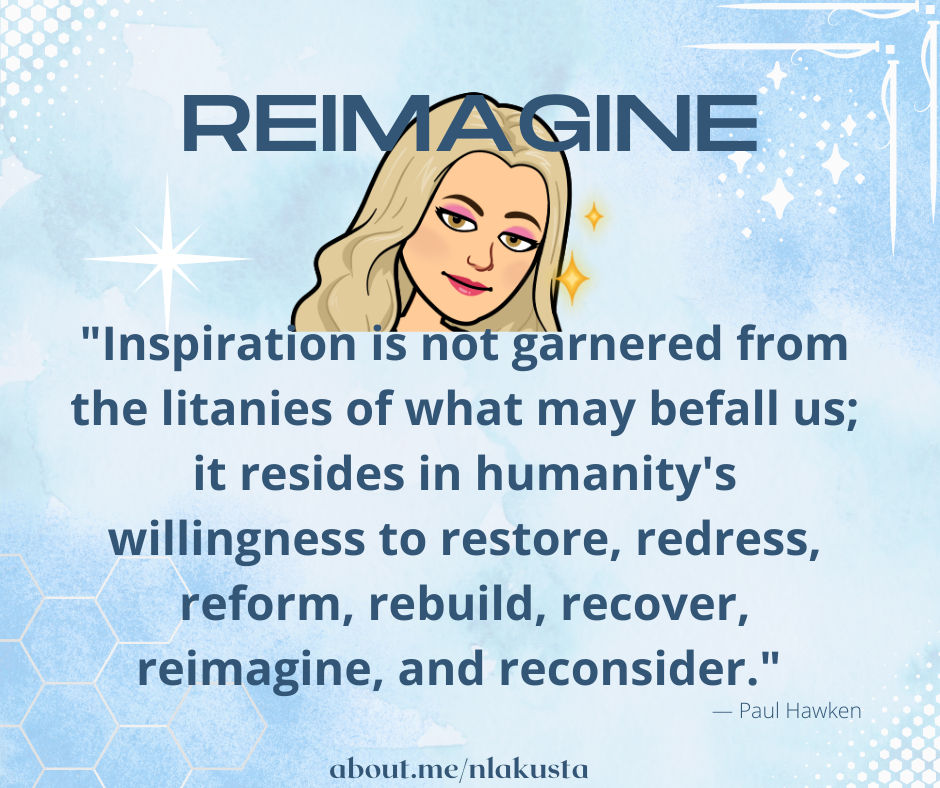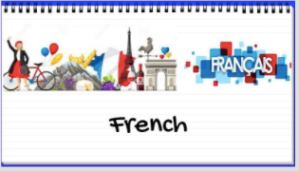
Let’s continue to have open conversations, sharing and questions about AI infiltrating our educational environments. AI has opened doors for learning and teaching that we did not even know existed.
My title using the word “edutrAIl” contains a huge amount of significance – education, which is near and dear to me and my professional station, trail which envisions a journey into the new experiences and the AI being the centre of this post.
No matter what resources, tools or experiences that either I have had access to or created myself, ethical uses and efficient means have been part of the screening and choosing of which of these should be used and why. Purpose, relevancy to the curriculum and a safe, engaging learning opportunity should be part of these screening questions. Not just because it is the newest product making waves throughout the educational environment. Let’s think about value, easy of use, privacy, terms of use and reliability.
The ethics of those “edutools” that are found within classroom walls, devices and portables need to be part of this conversation/screening. And it’s much bigger than educators ‘choosing’ to use it.
- The UNESCO Guidelines on the Ethics of Artificial Intelligence provide a framework of ethical principles that should guide the development, deployment, and use of AI technologies.
- The guidelines highlight the potential benefits and risks of AI, emphasizing the importance of ensuring that AI systems align with human values and promote human dignity.
- The guidelines also emphasize the need for transparency, accountability, and international cooperation to address the ethical challenges posed by AI.
Educators can follow these guidelines via incorporating cross-curricular Digital Citizenship activities not just with a lens of looking at Artificial Intelligence but all edtech tools and resources. While OpenAI systems are rapidly changing the society we live in, it is important to create conversations and delve into research and resources and question their impact on daily life, local communities, the nation and beyond. One must hold vendors, organizations and the like in high regard as to how they are developing and using AI to enable learners and educators to do things in more efficient ways, to ask even more critical questions, or to get responses and research that were out of reach beforehand.
Staying informed of AI developments in education, continued improvement of teaching practices will allow teachers to showcase the productive sides of AI while also keeping a critical eye on policies, regulatory measures and even ethical considerations. Ensuring that learners are shown how to question AI content that is presented to them or even created by them in order to understand this great digital world that is ever-changing at an unprecedented pace.
Take a few moments to peruse these posts about what some of the larger edtech companies are saying about AI in their own situations.
- Why AI – Google
- Putting Principles into Practice – Microsoft
- What is Artificial Intelligence? – IBM
- AI/ML Education Community Forum – Apple
- AI in the Classroom – Pros and Cons – Forbes
- ChatGPT and Beyond: How to Handle AI in Schools – Common Sense Education
Follow my blog as I delve into actual tools and resources using AI for educators, administrators and in general.
What are your initial thoughts in regards to AI? What are you noticing about all the AI announcements and products and services?







